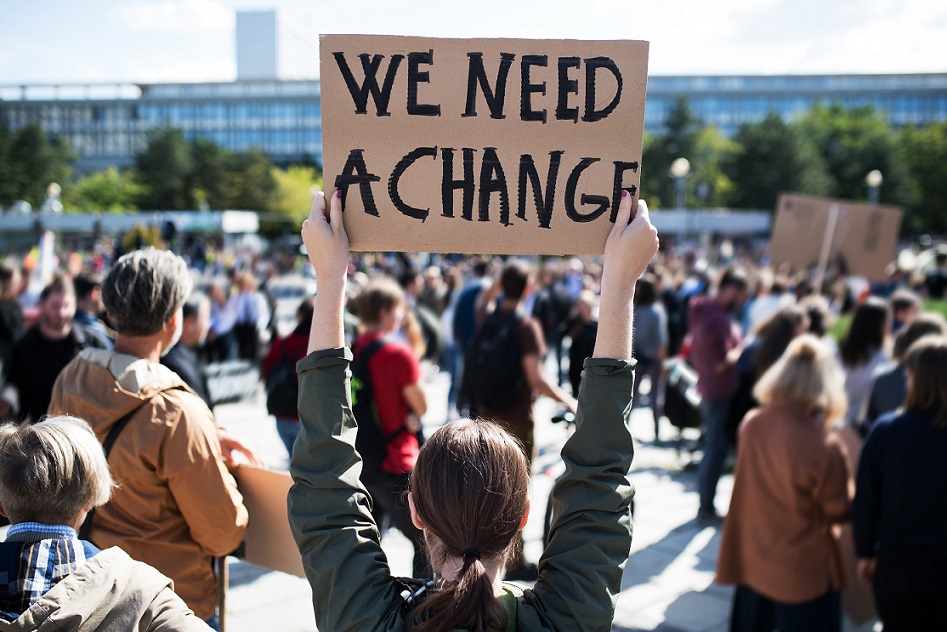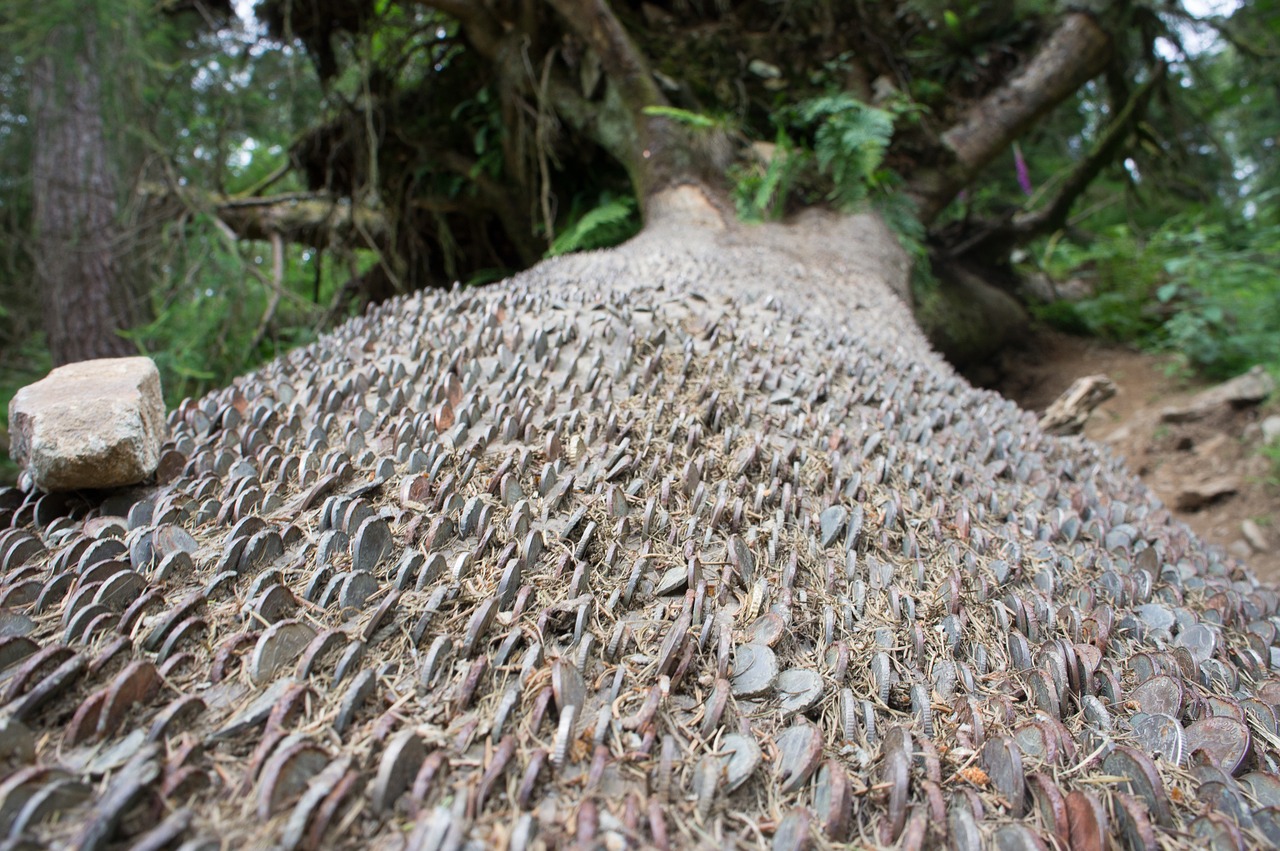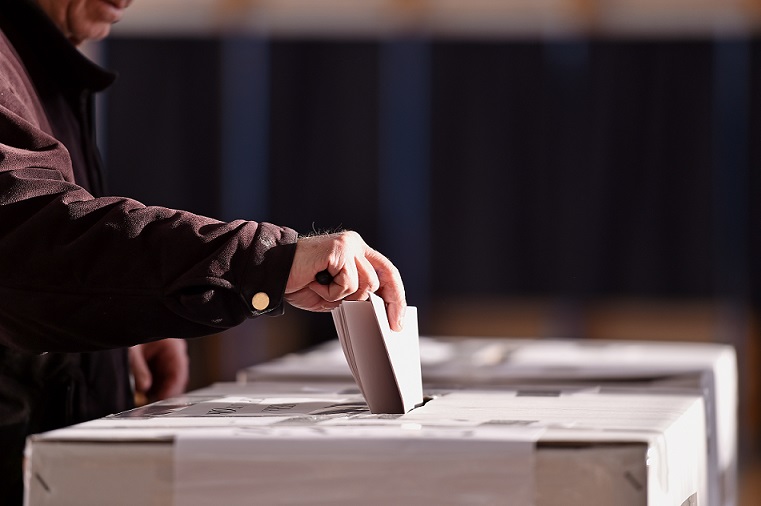
But are people willing to pay for it?
At a time when the brass band movement is arguably facing the greatest financial challenge to its future well being, a simple question arises.
What would we be prepared to pay to help secure its long term sustainability?
And by ‘we’ it means all of us as individuals, rather than through any organisations we may already be associated to.
What monthly value would you place on a body that can work with others to help achieve a democratic, financially robust brass banding infrastructure in the UK?
£1, £5, £20?
You can already hear the anguished shouts of why?
More petty bureaucracy?
Why should we be expected to yet again put our hands in our pockets when many already make a regular contribution to help the running costs of the band we play for, who in turn may pay a membership fee to an organisation such as Brass Bands England that gets close on £250,000 a year from Arts Council England to promote and support brass banding in the first place?
And why, when we already have to help pay for player registration and contest entry fees, let alone stump up hard earned cash to access peripatetic music services in many parts of the country?
Haven’t we survived for close on 180 years without having to fork out for yet more petty bureaucracy and mini empire building?
Haven’t we survived for close on 180 years without having to fork out for yet more petty bureaucracy and mini empire building?
Significant recession
We have indeed, but not when such an ominous black cloud of financial austerity looms on the horizon – one that given the money already paid out in COVID-19 economic support (although little has come the way of the Arts sector) is, as the Chancellor Rishi Sunak has publically stated, to lead to a “significant recession.”
And that means only one thing.
It is increasingly likely that any future funding streams from various Arts Councils, Lottery and Heritage initiatives are likely to be cut, whilst concert venues around the country will need to replenish their bank balances.

If you find a money tree keep it well watered...
Anyone who can find a brass band magic money tree to plant in their back garden would be well advised to keep watering it for some time to come – because it’s not likely to start sprouting gifts of outside sponsorship fruit to keep us generously catered for.
The Coronavirus pandemic has completely altered the financial foundations on which amateur music making, and brass banding in particular, will be built on in future.
Anyone who can find a brass band magic money tree to plant in their back garden would be well advised to keep watering it for some time to come – because it’s not likely to start sprouting gifts of outside sponsorship fruit to keep us generously catered for.
We are not alone in that, but unlike others we cannot hope to simply pick up where we left off before COVID-19 struck.
That is also fairy tale stuff.
Thinking the unthinkable
We therefore have to consider thinking the unthinkable - and look at ways at directly funding things ourselves, and in doing so use it as a driving force to work in partnership with others to achieve collective goals.
That in itself isn’t a revolutionary idea. The individual membership model works.

Other organisations, from political parties to sports and cultural bodies have long been based on an individual membership and have worked in various partnerships to help gain a communal position of strength.
Many of these are made up of various local and regional structures that implement collective aims and objectives that come from policies proposed and agreed by those that fund them – ie, their members.
Others make
It’s a cost that many of those in other spheres of interest have been prepared to make for a number of years.
For instance, standard membership for the two main political parties in the UK is between £2.09 and £4.38 a month, whilst for sports bodies such as the British Judo Association it is £3.50. Category Three Club Membership with Swim England is just £5.20 a year.
It’s a cost that many of those in other spheres of interest have been prepared to make for a number of years.
Membership fees vary greatly with different sports, leisure activities (National Trust membership will cost you £6.00 a month - and they have 5.6 million members) and social activism (the Women’s Institute has around 15,300 members and cost £43.00 a year), but so do the benefits that come with them - from insurance coverage to discounts on equipment and entry fees to sanctioned competitions and events.
There are discounts and special offers for certain age groups, students, pensioners, and families.
Democratically monetise
The key to them all however is that by being a member you have a say in the way things are run and where your money is spent.
So how would you democratically monetise the brass band movement?
One potential answer is to replace the outdated concept of player registration as a form of contest governance, and instead use it as a universal membership database.
One potential answer is to replace the outdated concept of player registration as a form of contest governance, and instead use it as a universal membership database.
Even with rough figures to work from – 500 bands (those taking part in the 2020 Regional Championships) each with approximately 30 players in their ranks, that would equate to roughly 15,000 potential members.
And if the membership fee is set at £2.00 per month, that would equate to around £360,000 a year.
Each member would register their association with the band of their choice, and further revenue could be generated through an amended transfer system – each player allowed perhaps 2 or 3 transfers per year.
Pay for it
Let’s be clear though - you will need to pay a commercial company to run it, although the decisions to how its funds are used should lie with an elected executive body comprising one representative from each of the current six English ‘regions’ plus Scotland, Wales and Northern Ireland with a CEO, Secretary and Treasurer – each for a four year term.

Every vote will count...
Just think how constructively the money can be used - hypothecated to reflect membership numbers in each ‘region’, supporting local events and initiatives, grass roots local associations, regional and national contesting structures.
Surely it shouldn’t be beyond our capabilities in setting up a membership body to proactively support the wider aims and objectives of the Scottish, Welsh and Northern Irish Brass Bands Associations in helping them gain potential Arts Council funding streams, or to complement the existing work of Brass Bands England?
Surely it shouldn’t be beyond our capabilities in setting up a membership body to proactively support the wider aims and objectives of the Scottish, Welsh and Northern Irish Brass Bands Associations in helping them gain potential Arts Council funding streams, or to complement the existing work of Brass Bands England?
Challenges
The challenges are of course many and varied, but if we really do have the desire to seek a better, more secure future for the banding movement in the UK, then petty squabbles, self interest and distrust will have to be put to one side.
Anyone who thinks they will become stronger with someone else’s demise is not only selfish, but stupid.
It may be easier said than done of course, but by resetting the fundamentals of how we fund a vibrant, inclusive banding movement we could help to secure at least one deep rooted stanchion of financial security into the future soil on which it should be built.
So how much do you think it’s worth paying for?
Iwan Fox













